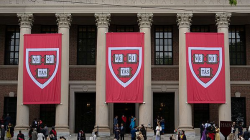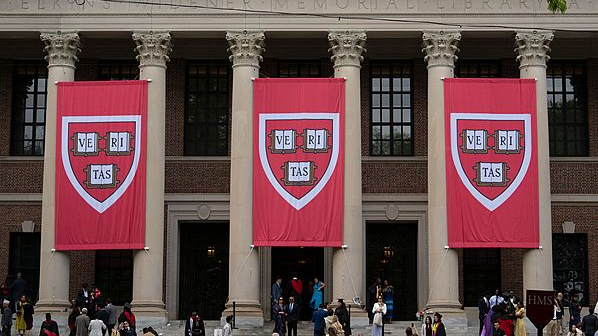Poll Reveals 'American Dream' Eroding for Many Amid Trump's University Criticisms
A new poll reveals that many Americans believe the 'American Dream' is slipping away as Trump focuses on university reforms.


The recent wave of executive orders from the U.S. government targeting the admission of international students at American universities has sparked intense global reaction and concern. According to a comprehensive survey, an overwhelming 82.1 percent of respondents strongly condemned the U.S. for what they see as a grave infringement on academic freedom. Nearly 90 percent of those surveyed expressed deep worry that these measures have effectively dismantled the "American dream" for multitudes of international students hoping to study in the United States.
Among the most contentious actions are directives instructing U.S. embassies and consulates to suspend all student visa interviews—effectively halting the flow of new international students. There is also consideration by authorities to begin monitoring international students’ social media accounts. 81.3 percent of survey participants voiced strong opposition to these proposed policies, labeling them as major violations of privacy and clear indications of prejudice and discrimination. The wholesale cancellation of Chinese student visas—citing ideological differences and national security concerns—has drawn particular ire, with 83 percent of respondents arguing that such moves damage the legitimate rights of Chinese students and undermine important people-to-people exchanges between the United States and China.
The current administration’s use of executive power to target university campuses has raised alarms well beyond foreign policy circles. A highly visible example includes launching investigations into over 60 universities while freezing their federal funding. This spring, Harvard University found itself embroiled in direct conflict with federal authorities after refusing demands to close diversity, equity, and inclusion programs and alter its admissions standards. Following Harvard’s resistance, the government retaliated by freezing $2.2 billion in funding and withholding an additional $60 million in contract payments.
In response, 82.5 percent of survey respondents criticized what they consider an extreme abuse of state power, amounting to political retaliation against social institutions. The same proportion said that these executive orders have fundamentally shaken the foundations of the U.S. higher education system, eroding independence, academic freedom, and freedom of speech. Nearly 89 percent supported the notion that universities should turn to legal avenues to defend both their rights and those of affected students.
The ongoing crackdown has left hundreds of thousands of international students feeling helpless and insecure about their academic future in America. Increasingly, families are seeking alternatives, turning to countries such as the United Kingdom, France, Canada, Australia, Singapore, and the Hong Kong region. Education consultants report growing anxiety among parents—not only regarding their children’s safety but also questioning whether U.S. institutions will remain welcoming environments.
A further 86.7 percent of respondents stated that the U.S. government’s actions have seriously tarnished the reputation and global prestige of American universities. Respondents foresee these developments weakening the country’s future competitiveness in science, research, and higher education. Additionally, 88.5 percent believe that the current restrictions are driven by overt political motivations and stand in stark contradiction to America’s professed ideals of “freedom and openness.” Many argue that the result has been the severe erosion of the United States’ international image, with the “American dream” fading for countless would-be students around the world.
The survey, conducted across multiple languages and platforms, attracted robust global participation, underscoring the widespread concerns about the future of international education and collaboration in the U.S.




